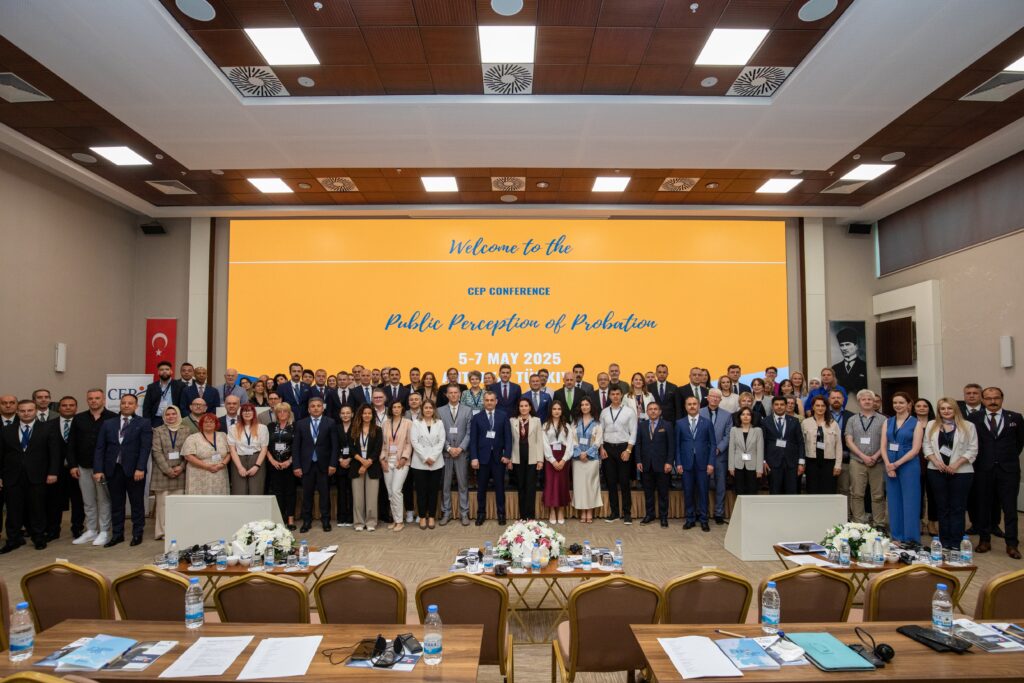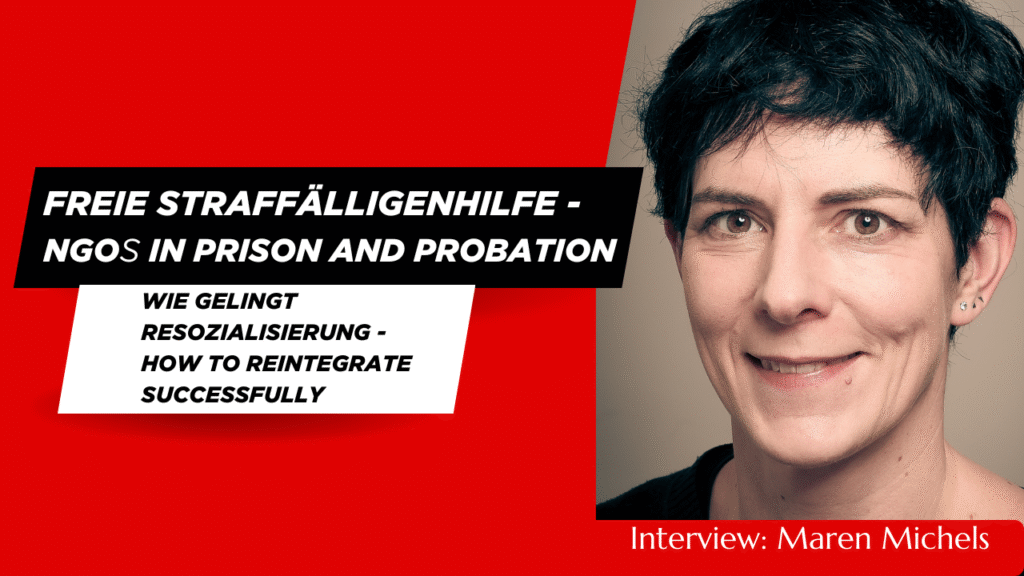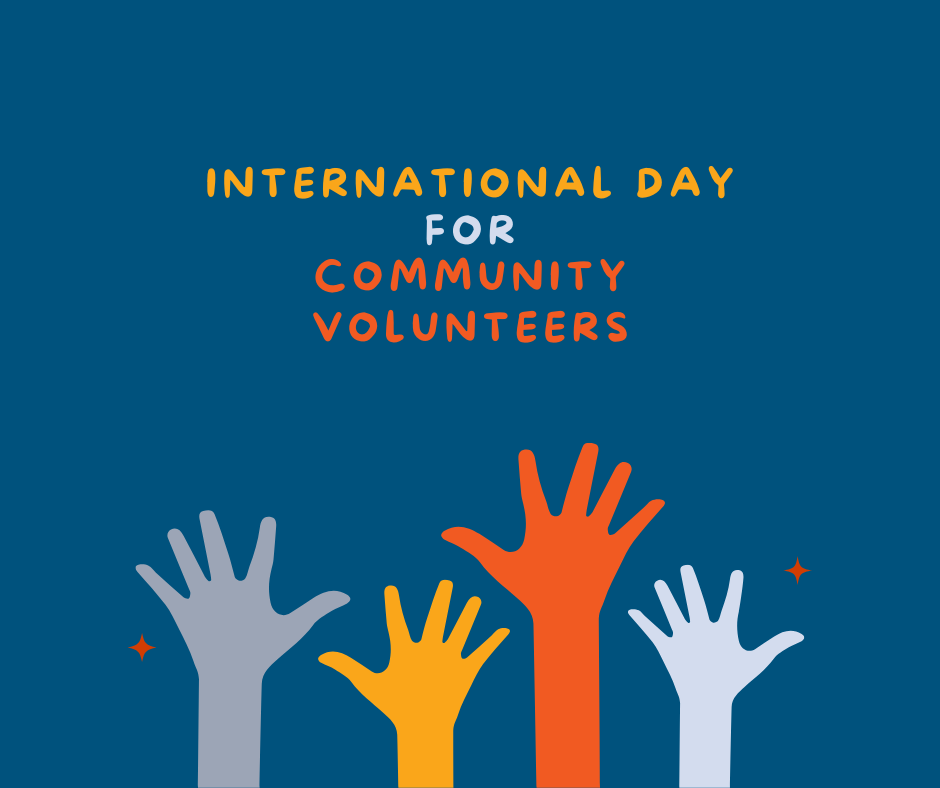Previous Article
News
Geraldine Woods: working with victims during the covid-19 pandemic
My work, as a member of PBNI’s Victim Information Unit, would normally involve meeting members of the public who have been victims of crime face to face. That was until the Covid-19 lock down. Overnight the way I worked changed dramatically. Some of the changes have been challenging but there have been some surprising benefits to the new working arrangements.
My work as a member
As a team of four, we work with members of the public who have been a victim of crime and who have registered with our scheme. We try to understand and to acknowledge that no matter how similar the offence, the experience for each victim or family member of the victim, will be different. We may be dealing with their feelings of sorrow, loss, anger and trauma as a consequence of offences such as rape, assault, murder or burglary perpetrated against them. It is for us to assess each situation, listen and assist in the most suitable and helpful way. Often, we could be the first people they have encountered post sentence who offer them the opportunity to express these feelings. It takes time to build a relationship and in my experience, you can never be completely certain how our information will be received.
Victim information scheme
In Northern Ireland the statutory Victim Information Scheme is an ‘opt in’ scheme and this means victims need to register if they want to be kept informed. When a perpetrator receives a court sentence and where there is a victim, their contact details are referred to our Unit. We write to the individuals explaining the schemes and invite them to register. Once registered we keep in touch with victims at certain points to explain the details of the sentence, the progress of the offender and, in certain cases, get them involved when reports are requested. My job also involves liaison with victim representatives, PBNI colleagues who supervise offenders, NI Prison Service, social services and many others.
Announcement of pandemic
With the announcement of the Covid- 19 lock down working from home became the new ‘normal’. Our team responded very quickly by re-organising the system for sending out information, ensuring confidentiality and client protection. Overnight I moved from face to face client contact to liaising with victims and victim representatives by telephone only. Now, as a referral comes in, we make sure we contact the victim as soon as possible by phone. Initially I was concerned about ‘cold calling’ however, I have been very surprised at the response. Some may be more receptive to taking the call and more inclined to engage in conversation in the current lock down. Despite the subject matter, sometimes when there’s been no social contact for someone our call can be a welcome connection as well as a chance to impart information.
More information
The impact of a crime on an individual and their wider family can be debilitating. In my experience information can be empowering and, in most cases, victims are grateful to receive it. Currently an advantage of introducing the Victim Information Schemes via the telephone and registering an individual at that point, is that we can immediately explain our service which in each case is bespoke, along with the sentence details.However, sometimes the news we have to share brings further upset to families. People can often feel upset and angry and these discussions are much more challenging by telephone. Covid- 19 has removed the possibility of human face to face contact for us at a time when I know how vulnerable and fearful individuals must feel as they tell their story and relive their trauma.
Department of Justice
One of the most significant impacts of the Covid-19 pandemic was the announcement by the Department of Justice that some prisoners would be released early. Almost immediately, the Victim Information Unit telephone started ringing with enquiries from our service users anxious to find out if the perpetrator of their crime was eligible for early release. There was a need to provide information and reassurance and deal with the many questions that victims had. Working from home and rotas for social distancing in the office will probably be the new normal for the foreseeable future. Personally, I find some aspects of my work easier to do from home; however, I do miss the shared conversations with my colleagues. I need that social interaction from the workplace because in that often, quick exchange of conversation, we can inspire and support one another.
I think sometimes of how surreal this all feels and then I realise we managed difficult times before and we’ll do the same this time. In the words of Seamus Heaney, “If we winter this one out, we can summer anywhere.”

Related News
Keep up to date with the latest developments, stories, and updates on probation from across Europe and beyond. Find relevant news and insights shaping the field today.
Recap

CEP Events, Communication and Awareness-Raising
Recap: Conference on Public Perception of Probation
06/05/2025
From 6 to 7 May, the CEP Conference on the Public Perception of Probation in Europe took place in Antalya, Türkiye, bringing together over 100 participants from more than 20 countries. The event offered space for open discussion, exchange of experiences, and practical ideas on how probation is seen and supported across Europe.
New

Probation in Europe
New Interview Online with Felix Gerike, a survivor of a knife attack
01/05/2025
What do victims of violent crime need to recover—and what can be done to prevent such attacks?
In the latest episode of Division_Y, Jo Tein, CEP board member, speaks with Felix Gerike, a survivor of the 2023 Brokstedt knife attack in Germany. Felix played a crucial role in disarming the attacker, helping to prevent further harm. He shares his personal experience, reflections on victim support, and his views on justice and policy responses to violent crime.
Probation in Europe
New Executive Summaries for the report on Building Probation Capacity in Spanish and Italian
01/05/2025
Updated

CEP Board, Probation in Europe
New Interview Online: Maren Michels – The Role of NGOs in Probation
22/04/2025
In the newest Division_Y interview, Maren Michels, director of the Hamburg Welfare Association, shares her experiences and reflects on the vital role that NGOs play in supporting people during and after incarceration.
New

CEP Events
Want to Win a CEP Award? See How Finland Did It – Apply for 2025!
22/04/2025
We’re excited to share an exclusive interview with the winners of the Development of National Probation Services Award from the CEP Awards 2022:
The Prison and Probation Service of Finland.
New

Volunteers
International Day for Community Volunteers
17/04/2025
17 April – International Day for Community Volunteers!
Today, we celebrate the inaugural International Day for Community Volunteers Supporting Offender Reintegration—a day dedicated to acknowledging the vital contributions of volunteers who assist individuals in their journey back into society.
This initiative was launched during the 2nd World Congress for Community Volunteers, held alongside the 6th World Congress on Parole and Probation in The Hague (16–18 April 2024).
At CEP, we’re proud to support the official Declaration on the International Day for Community Volunteers. We’re also actively involved in the CoPPer project—a European initiative aimed at promoting community participation in probation services. CoPPer focuses on training volunteers to support individuals under supervision, helping them access education, employment, and community connections.
A heartfelt thank you to all the community volunteers out there—your dedication makes a real difference.
Subscribe to our bi-monthly email newsletter!
"*" indicates required fields
- Keep up to date with important probation developments and insights.

